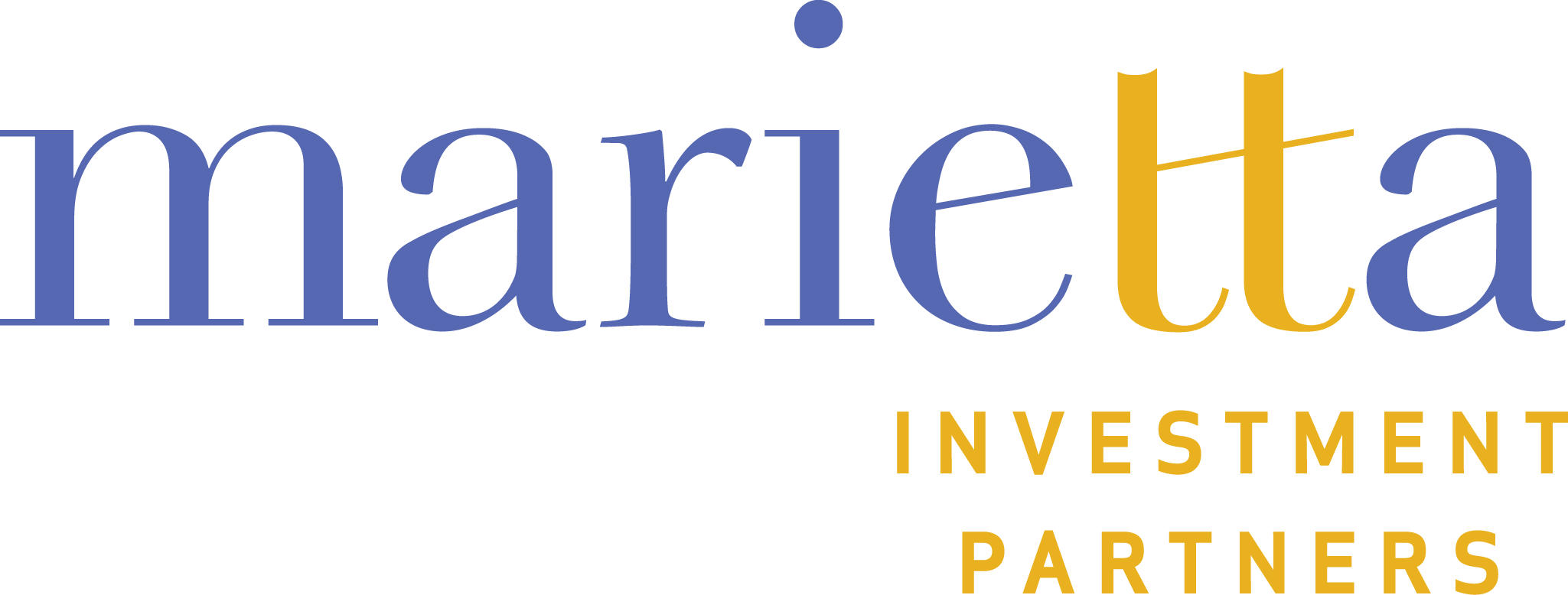The 11.7% rally of the S&P 500 Index in the 4th quarter through November 11 is part of a global stock market advance that includes Europe and the emerging economies. Most market observers attribute the gains primarily to developments in Europe, where policy makers have made progress in containing the sovereign debt crisis. Not to be overlooked, however, is the contribution made by encouraging economic data and strong corporate profits in the U.S. and by signs of ebbing inflation in some of the leading emerging countries, especially China.
U.S. economic reports in October and thus far in November have been surprisingly good, especially in relation to the rising fears in September of an imminent and severe double-dip recession. Last week’s news, for example, reveals that small business optimism ticked up, consumer confidence indices rose, weekly initial unemployment claims continued to fall, mortgage applications rose, the trade gap narrowed, consumer credit expanded, and import prices declined. Despite a faltering Euro-Area economy, the U.S. economy continues to grow, although at an anemic pace.
U.S. corporate profits have also defied pessimists’ forecasts. Over 90% of companies in the S&P 500 have reported earnings so far this quarter, and over 70% have exceeded Wall Street estimates. International Strategy and Investment (ISI), a widely respected research firm for institutional investors, reports that S&P 500 earnings are running 5.8% above projections, and they are expected to be up about 18.3% year over year when the remaining companies report.
We pointed out in our October 4 Outlook that global stock markets were “very oversold.” At the time, the markets reflected a recession-level collapse in economic growth and corporate profits despite a significantly more positive consensus forecast of economists. We view the market’s recent rally as only a partial adjustment to this oversold condition. During the last year, when S&P 500 profits soared about 18%, the S&P 500 Index rose only 4%. As a result, the P/E ratio of the S&P 500 Index based on consensus 2011 earnings estimates is now 13.1x, which is still below the past recession average of 13.7x. The consensus estimate of a further 7% profit advance in 2012 would further improve the market’s valuation.
Our conclusion is that if the U.S economy continues to avoid recession, as most
economists expect, then the U.S market is still oversold.
